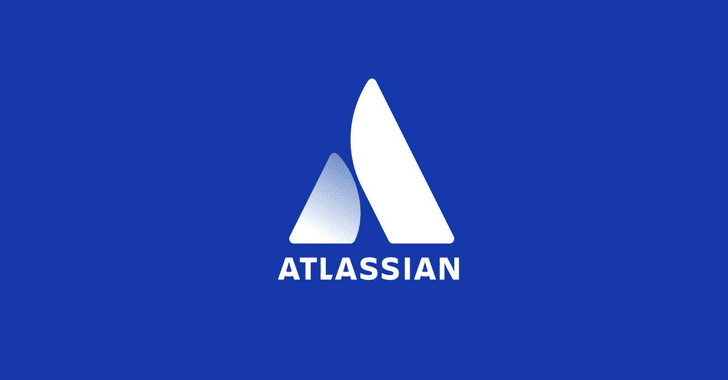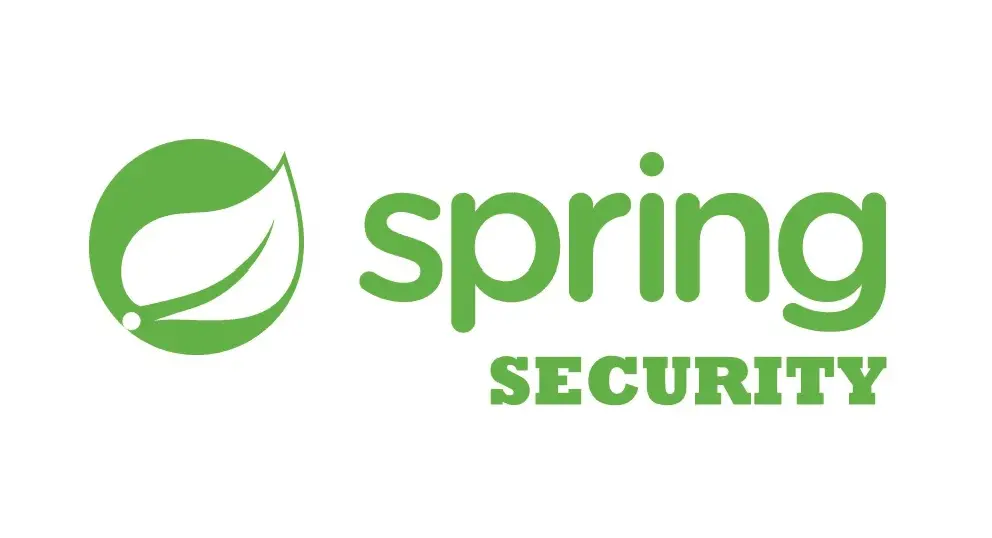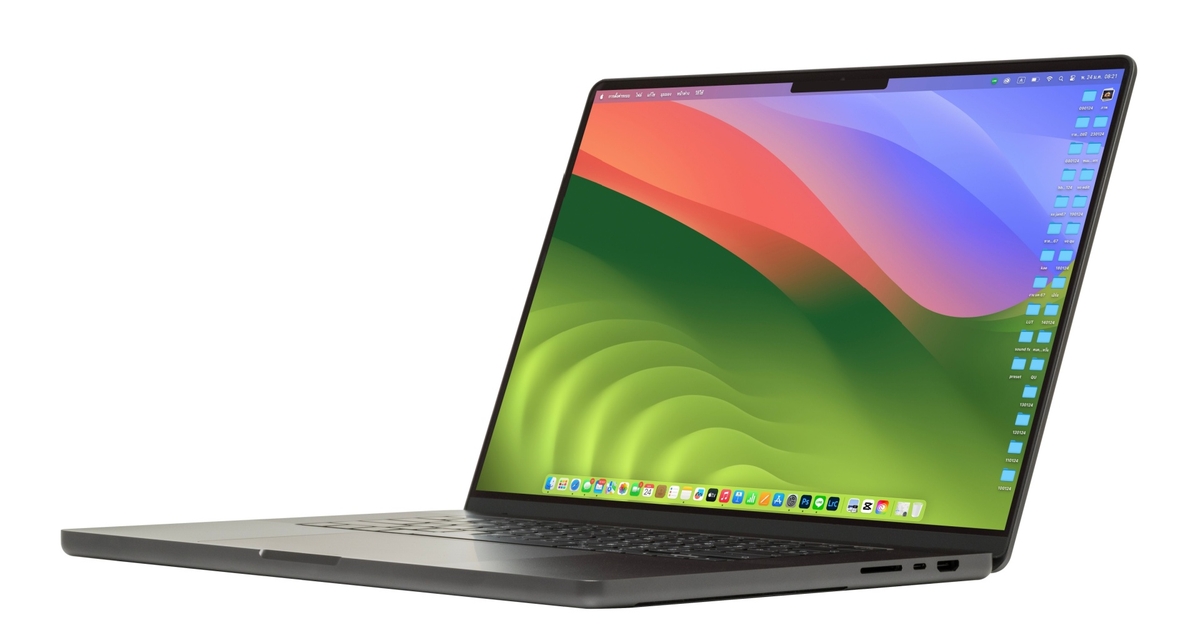Hackers have been using a PHP vulnerability to deploy a stealthy backdoor called Msupedge. This backdoor was recently used in a cyberattack against an unnamed university in Taiwan.
This flaw, present in versions 9.1.0 through 9.6.0, allows authenticated attackers to execute arbitrary code within the Bamboo environment, posing risks to confidentiality, integrity, and availability.
A high-severity vulnerability (CVE-2024-38810) has been discovered in Spring Security, potentially allowing unauthorized access to sensitive data within affected applications. The vulnerability impacts Spring Security versions 6.3.0 and 6.3.1.
Styx Stealer is based on the Phemedrone Stealer and is available for purchase online. It has the ability to steal passwords, cookies, crypto wallet data, and messenger sessions, as well as gather system information.
x64dbg is an open-source binary debugger for Windows, perfect for malware analysis and reverse engineering executables. It has a user-friendly UI that simplifies navigation and provides context on the process.
Xeon Senderallows attackers to conduct large-scale SMS spam and phishing campaigns using legitimate SaaS providers. Distributed through Telegram and hacking forums, it requires API credentials from popular providers like Amazon SNS and Twilio.
Google is testing a feature in Chrome on Android to redact credit card details, passwords, and sensitive information when sharing your screen. Google aims to prevent leaks of sensitive data while recording or sharing screens.
The Cyberint Research Team discovered that the malware, believed to be the work of a Chinese speaker, contains core files in a Microsoft Cabinet archive, with executables vulnerable to DLL side-loading.
House members John Moolenaar and Raja Krishnamoorthi expressed worries about TP-Link Technologies, the world’s top Wi-Fi product provider, being vulnerable to compromised by state-sponsored hackers from China.
Microsoft has classified the issue as low-severity and has not issued any fixes, except for Teams and OneNote apps. Excel, Outlook, PowerPoint, and Word apps remain vulnerable.









